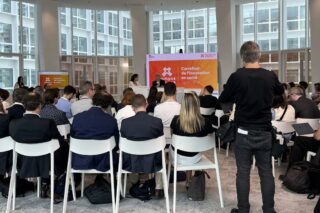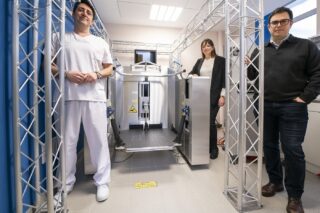The top three winners of the MEDICA Start-up competition 2022 were selected out of 12 finalists by a jury of experts on November 15 in Dusseldorf, Germany. First place was awarded to health tech company Idoven for its powerful and scalable artificial intelligence (AI) platform for cardiology. Second place went to AlgoDX for its AI platform for precision medicine targeting intensive care. And last but not least, third place went to Reactive Robotics for its AI-powered solution for robotic critical care. Here is a presentation of these three promising companies.
1/ Idoven (Spain)
Idoven is a health tech company focused on the early detection of and precision medicine for cardiovascular diseases. Rika Christanto, COO of Idoven, explained:
“About a third of global deaths are caused by cardiovascular diseases, and that’s causing a trillion dollars in terms of global impact on the cost of the healthcare system.
Today we are tackling this problem by focusing on the electrocardiogram—the ECG. The ECG is the entry point to diagnose any cardiovascular condition in any specialty area. Of course, doctors are spending about a million hours a day just interpreting and analyzing the ECG, in order to diagnose their patients.”
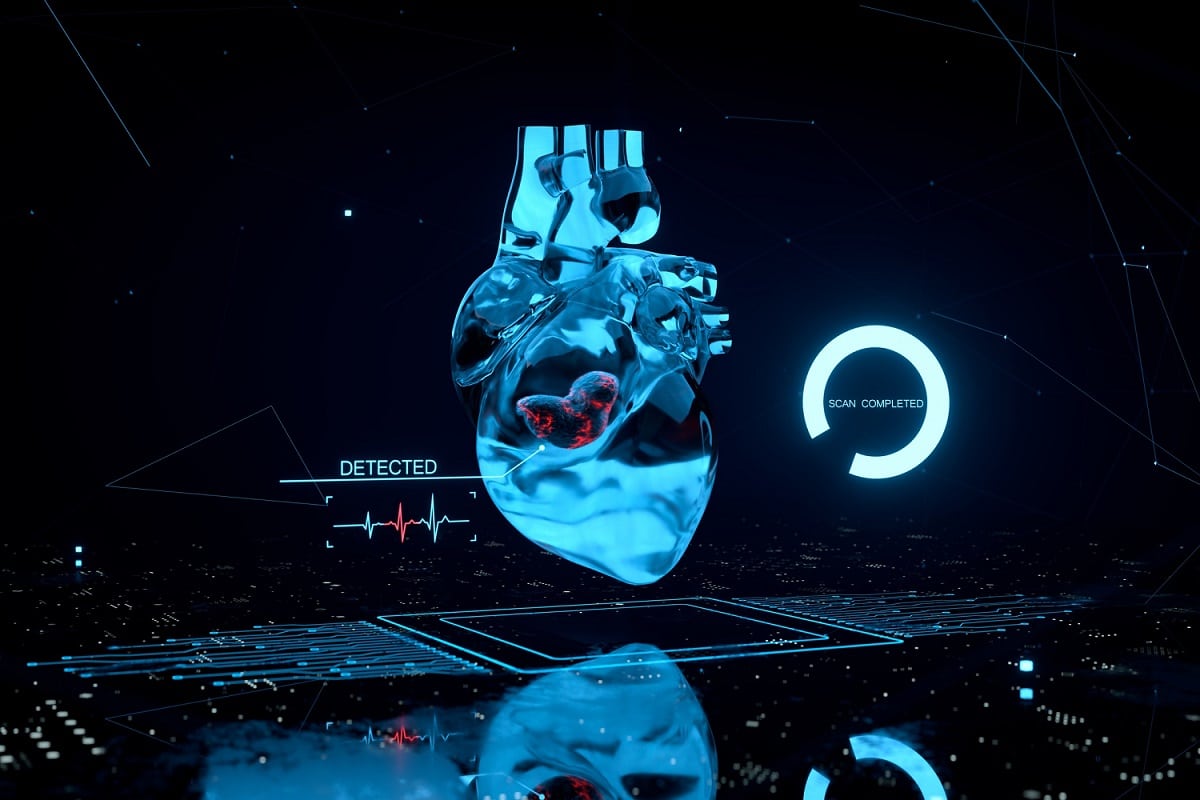
Idoven’s solution to face these challenges is Willem, an AI ECG analysis platform. Rika Christanto added:
“We believe that we will build a digital cardiologist in the cloud in order to automatically detect the most clinically relevant and cardiac events of the patient. Our system is already performing at the accuracy of a cardiologist and it can deliver results in seconds or minutes, depending on the duration of the ECG.”
How does it work? Idoven gathers ECG data both from ECGs done at the hospital as well as ECGs performed at home by implanted cardiac monitors, Holters, patches and even from the ECG-enabled smartwatch, etc. The company synthesizes the data and puts it together. Then its deep learning algorithm processes it in a secure cloud and delivers an output that will be integrated into any Electronic Medical Record (EMR) or cardiovascular information system.
Rika Christanto specified:
“This is not ‘black box AI’: we can show the specific patterns in which we identify the condition.
We provide information to the cardiologist, primary care physician or oncologist. We are aggregating and highlighting the most clinically relevant insights about the patient. But of course, we believe that for AI to be trusted we need to have a human in the loop, at least for now. So this is not autonomous decision making.”
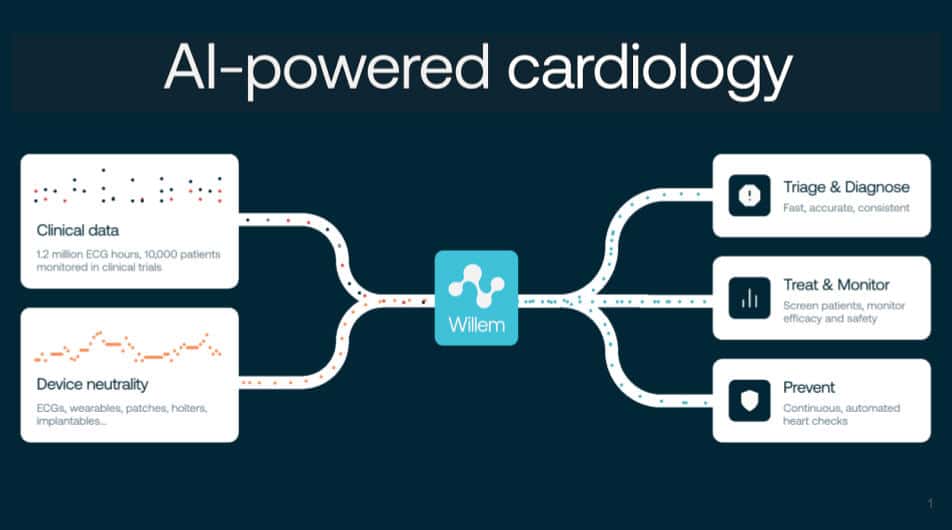
What is Idoven’s secret sauce?
The company claims to have one of the most diverse, largest and longest ECG databases from both symptomatic and asymptomatic patients which is very much required in order to build the solution that they have.
Idoven is already monitoring hearts all over the world in collaboration with three groups: medical device companies in order to make devices smarter, pharmaceutical companies in order to identify cardiovascular conditions that are often underdiagnosed (especially within the primary care setting), and high-risk patient groups.
2/ AlgoDX (Sweden)
AlgoDX has built an AI platform for precision medicine that targets intensive care. What does this mean? David Becedas, Founder and CEO, explained:
“We are focusing first of all on sepsis, which is one of the most deadly conditions that we still have today and one of the most common reasons for hospitalizations, deaths and in-hospital deaths. Obviously, this is a major cost driver for our systems across the board.
The challenge with sepsis is that this clinical syndrome can deteriorate patients very quickly: you can go from having mild treatable sepsis to life-threatening sepsis in a matter of hours. For every hour that antibiotic treatment is delayed, there is a 7.6% increased risk of mortality.
So early detection is really key and this is where we want to make a difference with the use of machine learning in intensive care. Because sepsis is also very prevalent in intensive care.”
In this context, AgoDX has developed a machine learning algorithm that uses routinely collected ICU data and vital signs. About 2,000 data points are collected each day for a patient in ICU, and AlgoDX makes use of this data in real time.
David Becedas said:
“These vital signs and data are all clues that together don’t really tell anything about the septic condition of a patient, but when combined and processed through our algorithm they can indicate whether a patient is trending toward sepsis or not.”
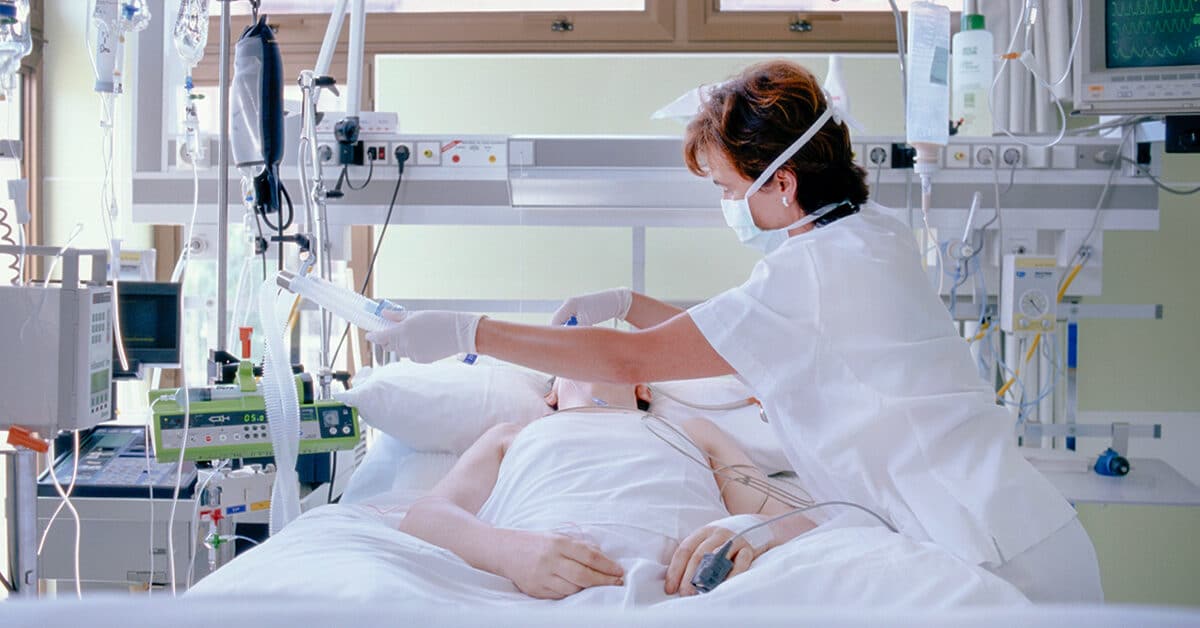
AlgoDX does not have any hardware of its own, it integrates its machine learning platform with the EMRs from intensive care units. It could therefore receive real-time data from the patients directly from the beds where they are being treated. The system can stratify patients into low-risk, moderate-risk or high-risk of developing sepsis in the following three hours.
He added:
“We have actually developed our models in a type of transparent box instead of black box. So behind each prediction, the nurse or the doctor can get more information and can understand the top contributing parameters each time so basically they can go deeper if they want to.”
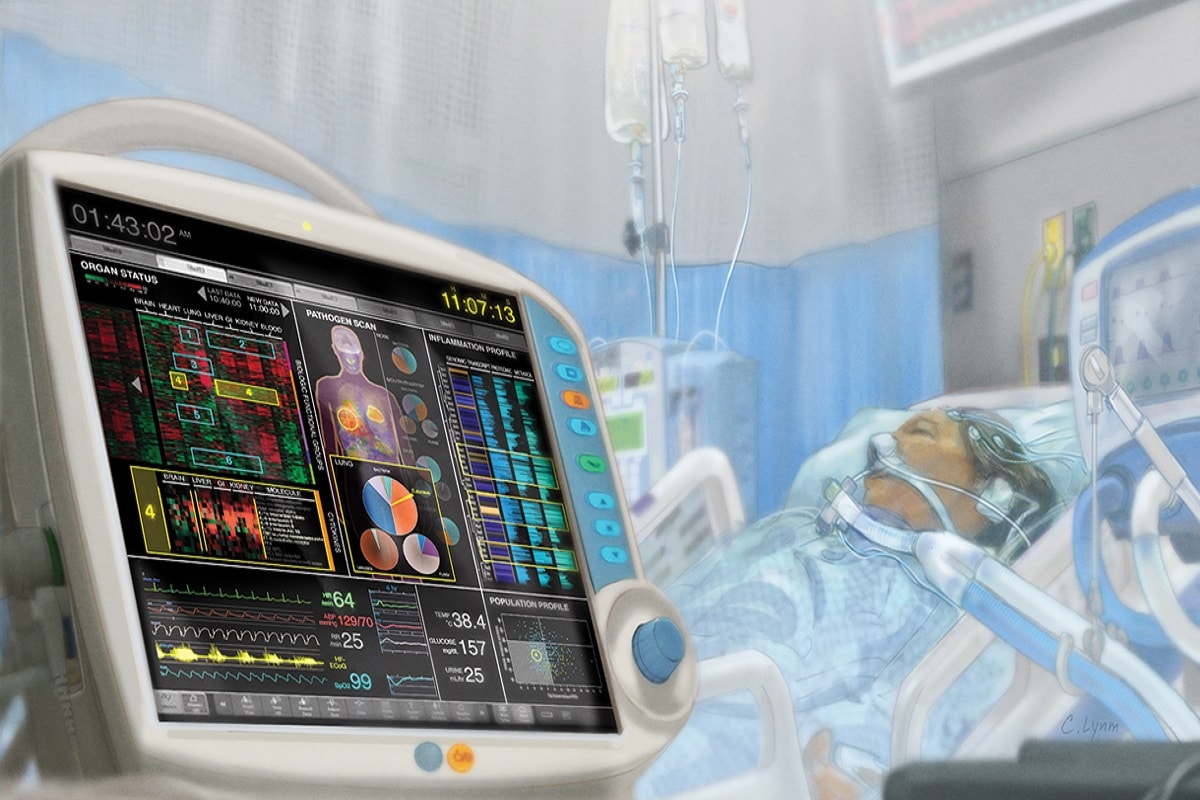
He specified:
“This is point of care clinical decision support that we have proven has excellent predictive performance in a large randomized clinical trial. We have also conducted a large health economic study to look at the benefits for health systems as well as social benefits. And obviously, reducing the length of stay and reducing mortality in hospitals is key.
This is where we want to make a difference with our platform. Sepsis is the first product we have developed, and we have more in the pipeline. Currently we are fundraising so I would be more than happy to speak with any investors.”
3/ Reactive Robotics (Germany)
Showing a picture of a patient in hospital, Alexander König, Founder and CEO of Reactive Robotics, explained:
“What you see here is a Covid-19 survivor with complete lung failure. Using our robotic system VEMOTION, this man was able to receive therapy in what was probably the most critical moment of his life. He’s upright, he’s standing, he’s getting therapy without leaving his bed.
Using our robot, this man could recover. We have developed the world’s first AI powered solution for robotic critical care.”
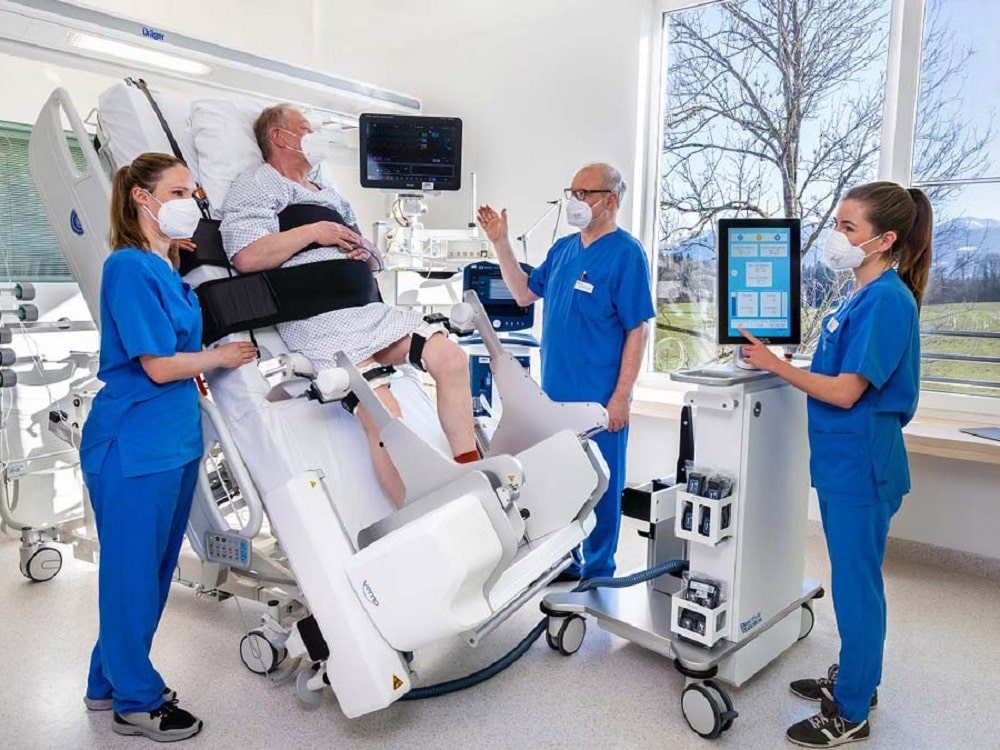
Living in an aging society with a shortage of nurses, treating patients as fast as possible could be a baffling problem. But according to Alexander König, there is a solution to do this—it is called early mobilization, which was shown to reduce the cost per treatment substantially while improving patient recovery.
“The problem? It is completely manual, you need three nurses to perform the therapy and so most patients cannot benefit at all because you don’t have these three nurses.
That’s why we have developed VEmotion. What three nurses can do manually, one person can do with the robot. And our AI turns even a lay user into an expert.”
Watch a video here:
After more than seven years of research, Reactive Robotics has been able to launch the first commercially available patent-protected AI for critical care. With regard to where they stand, they have already performed thousands of interventions.
Last year, the company won the prestigious European technology award the euRobotics Tech Transfer Award for it. It was also recently awarded by the European Commission with the EIC Accelerator—a 10 million euro grant to scale this innovation across Europe.
König said:
“The market is over a billion euros annually just for critical care robotics and we consider this a blue ocean opportunity.”
Each year, the MEDICA Start-up competition looks for the most outstanding digital innovations in the healthcare industry. The competition aims to promote innovative solutions from start-ups through networking and global visibility. From health apps and AI-supported analysis of healthcare data to robotic assistance systems and new approaches in diagnostics, innovators from all over the world can already submit their solutions for the 12th edition of the MEDICA Start-up competition in 2023.
![[MEDICA] The Top Three Health Tech Start-Ups in 2022](/wp-content/uploads/sites/9/iStock-1325953795-Copie-1250x833.jpg)






